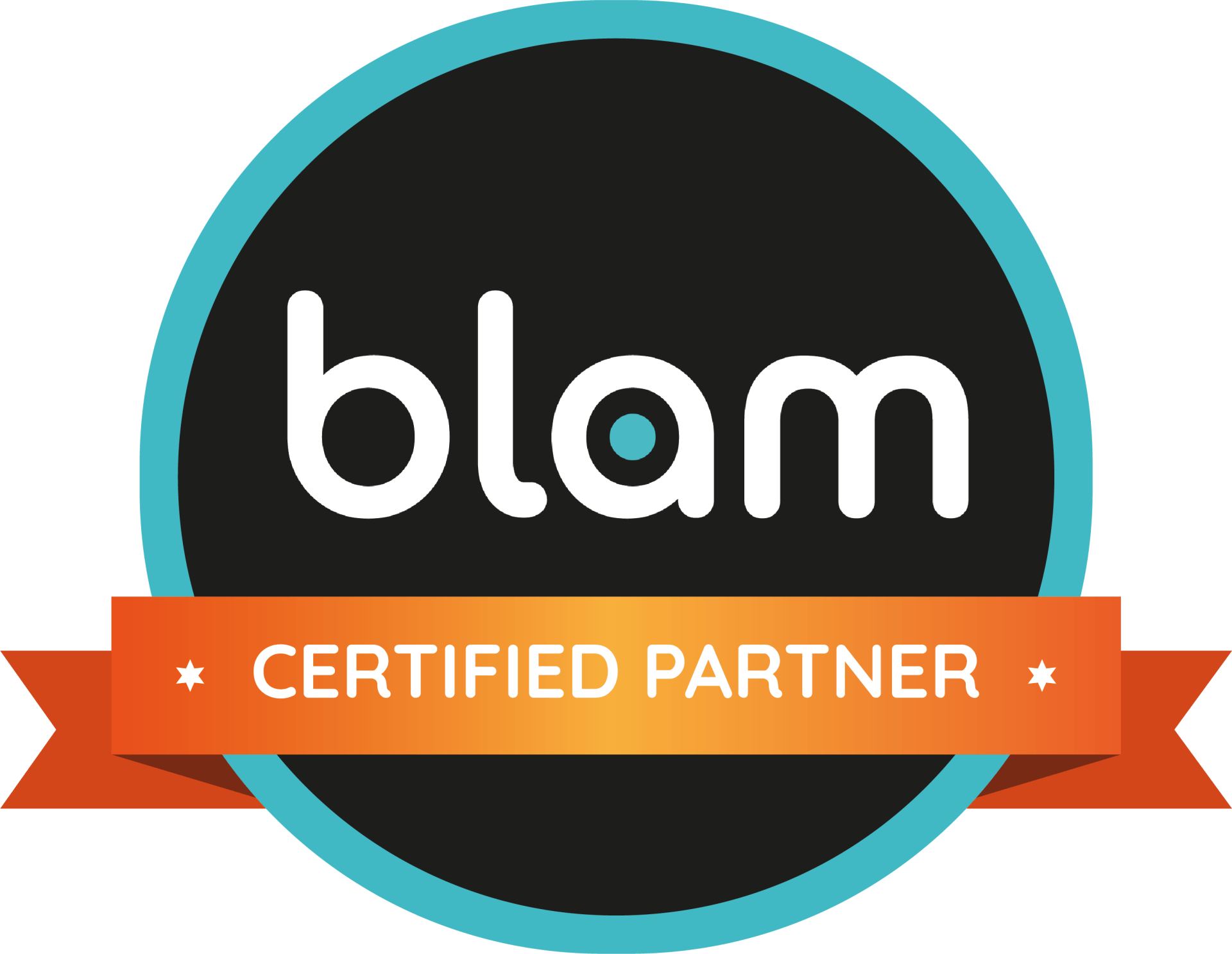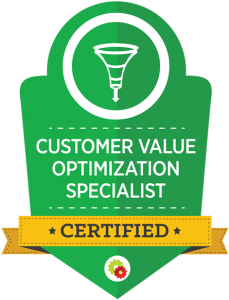From Crisis to Confidence: Building a Long-Term Healthcare Reputation Strategy
Introduction
What if the most valuable asset of your healthcare practice wasn’t your equipment or your expertise—but something as intangible as patient trust? In an age where 60% of healthcare consumers consult online reviews before choosing a provider, your reputation could make or break your practice. With crises always looming—whether it’s a global pandemic, a medical error or a single disgruntled patient’s review—how can your practice ensure that its reputation not only survives but thrives? In healthcare, trust isn’t just built on excellent care; it’s shaped by how you respond to challenges.
This blog will explore how your practice can transition from utter vulnerability to rugged confidence through a strategic, long-term reputation management plan.
The Critical Importance of Reputation in Healthcare

In today’s digital age, your reputation as a healthcare provider is one of your most valuable assets. For small and medium-sized practices, it’s more crucial than ever to establish a long-term strategy to protect and enhance your reputation, especially in times of crisis. Whether you’re facing the fallout from a global health emergency, negative reviews, or a data breach, how your practice manages its reputation will directly influence your success and growth.
According to NRC Health, 60% of healthcare consumers check online reviews before choosing a provider. This means that public perception and trust are central to patient conversion, retention, referrals, and business growth.
Understanding the Stakes: Why Healthcare Reputation Matters

Did you know that 88% of patients trust online reviews just as much as personal recommendations? Therefore, your digital reputation determines whether patients choose your practice, whether they return, and whether they refer others. However, maintaining a strong reputation is not as easy as it seems.
Healthcare providers today face several challenges:
- Fear of Negative Reviews: A single bad review can feel like it’s undoing years of hard work.
- Maintaining Trust During a Crisis: From public health emergencies to operational failures, it’s difficult to keep patient trust intact.
- Balancing Care Quality with Effective Communication: Providers must offer excellent care while communicating clearly and transparently with patients.
However, here’s the good news: 54% of patients are more likely to choose healthcare providers with better online reviews, according to PatientPop. This makes proactive reputation management essential.
3 Proven Strategies to Boost Your Healthcare Reputation

1. Prioritize Patient Experience and Engagement
At the core of any successful reputation strategy is the patient experience. Patients who feel heard, valued, respected and supported are more likely to leave positive reviews and return for future care.
- Tip: Implement a feedback system that actively collects patient reviews. Follow up after each appointment to show patients that you care about their well-being even after they leave your office.
- Quick Win: Use automated tools like patient portals or SMS systems for follow-up care. These tools not only improve the patient experience but also show patients that their care continues beyond the visit.
According to NRC Health, practices that engage with patient feedback see a 5-10% increase in patient retention rates—a key factor in building a loyal patient base.
2. Strengthen Your Online Presence
Your online presence is often the first impression potential patients get of your practice. Ensuring that your online footprint—whether on social media or through SEO—is strong is vital for dynamic reputation management.
- Tip: Claim and optimize your Google My Business profile. This will help potential patients find your practice and ensure all your key information is up to date.
- Quick Win: Create a simple internal process to encourage positive reviews after appointments. Use automated emails or SMS to ask satisfied patients for their feedback immediately after their visit.
A report by Press Ganey shows that providers who actively manage their online reputation see a 25% higher patient acquisition rate. In other words, managing your digital reputation directly impacts your practice's growth.
3. Implement a Crisis Management Plan
Every healthcare practice will face crises, whether it’s a public health emergency, a negative review, or a data breach. The key to managing these crises effectively is preparation. Having a crisis communication plan in place can prevent damage to your reputation.
- Tip: Develop a crisis management plan with communication protocols, escalation paths, and designated spokespeople. When a crisis hits, transparency and quick action are critical.
- Quick Win: Monitor online reviews and social media closely using reputation management tools. This helps you identify issues early and address them before they escalate.
According to Reputation.com, organizations with crisis communication plans recover 30% faster from negative events. Preparing in advance can save your practice from long-term damage.
Turning a Crisis into an Opportunity

Crises don’t have to destroy your reputation—in fact, they can become opportunities to build trust with your patients. Consider this example: A small healthcare practice in the Midwest was overwhelmed during a public health emergency, leading to negative online reviews. Instead of ignoring the feedback, the practice addressed the complaints head-on, explaining the challenges they were facing and the actions they were taking to resolve the situation. Their proactive communication helped them build a reputation for transparency, honesty, and integrity, which ultimately translated into increased patient trust and loyalty.
Tip: During any crisis, transparency is key. Keep patients informed through email newsletters, social media updates, and website announcements.
Quick Win: Use post-crisis surveys to gather patient feedback. This will help you assess patient sentiment and identify areas for improvement.
Building a Sustainable Long-Term Reputation

Reputation management is not a one-time task—it requires consistent effort. To sustain a positive reputation, your practice must focus on continuous improvement.
Tip: Invest in reputation management technology. Tools like review aggregators and patient experience platforms help you track feedback and make data-driven improvements.
Actionable Insight: Regularly audit your online presence to ensure your website, social media profiles, and online listings are up to date. This helps build patient trust and ensures that your practice stays transparent.
Quick Win: Consistently create SEO-optimized content like blogs, videos, and patient testimonials. Valuable educational content will position your practice as a thought leader and authority in healthcare.
According to HubSpot, healthcare providers who regularly publish educational content see a 30% increase in organic traffic. This underscores the importance of content marketing for building trust and improving reputation.
Conclusion: From Crisis to Confidence
Reputation is the cornerstone of patient relationships and long-term business growth. By prioritizing patient engagement, managing your online presence, and preparing for crises, your practice can move from utter vulnerability to unassailable confidence built on trust.
Long-term success comes from integrating reputation management into your core long-term strategy to respond to your patients’ evolving needs, desires and expectations with a commitment to transparency.
Are you ready to shift your healthcare practice from crisis mode to confident growth? Your reputation doesn’t just reflect the care you provide—it’s the foundation of your practice’s future. By engaging deeply with your patients, maintaining a robust online presence, and preparing for the inevitable challenges, you can secure long-term success. Start today by taking small, impactful steps that will position your practice as a trusted leader in healthcare.
Key Takeaways:
- Engage with patient feedback to improve retention and satisfaction.
- Optimize your online presence to ensure potential patients find you easily.
- Prepare for crises with a clear communication plan to maintain trust during difficult times.
- Leverage technology and content marketing to establish thought leadership and drive growth.
Ready to elevate your practice’s reputation and build long-term patient trust? Visit our website for more insights, tools, or consultation on how to implement these strategies effectively.
Take the First Step Today!
- Download Our Free 73-Audit: Uncover actionable insights to optimize your digital content strategy.
- Schedule a Consultation: Connect with our experts to discuss tailored solutions for your practice.
About Us

1st Hour empowers healthcare providers and practitioners in independent medical practice seeking to enhance their online presence and reach; we deliver innovative digital marketing solutions to improve patient engagement, amplify brand visibility and unlock sustainable growth in diverse marketplace. We specialize in helping your business goals while advancing health equity and patient care excellence.
Contact Us
- 📞 Call: 774 719 4647
- 📧 Email: Barry@1stHour.online
- 🌐 Visit:
www.1stHour.online
Special Offer:
Download our Free 73-Audit and schedule a Free Consultation.
1st Hour Services:
• AI-powered professional websites.
• Search Engine Optimization (SEO).
• Mobile app development.
• Content creation.
• Brand image and Reputation management.
• Social media management.
Barry Eneh

Barry, a health enthusiast, is the founder of 1st Hour, a Boston-based marketing and technology company established in 2023. 1st Hour is dedicated to helping small and mid-sized businesses in the healthcare, education, and non-profit sectors gain professional credibility and market visibility with their target audiences. Our mission is to connect businesses with key audience groups and those most likely to benefit from their brand promise and expertise.
Experience
- Founding Director of APNO-USA Health Service Group.
- Healthcare leader at VA.
- Over 20 years of experience in healthcare operations and clinical practice at private and public healthcare systems.
Education
- MSC in Integrated Marketing Communications, Franklin University.
- MPH in Public Health Management, Wright State University.
- PhD in Healthcare Administration, Walden University.




